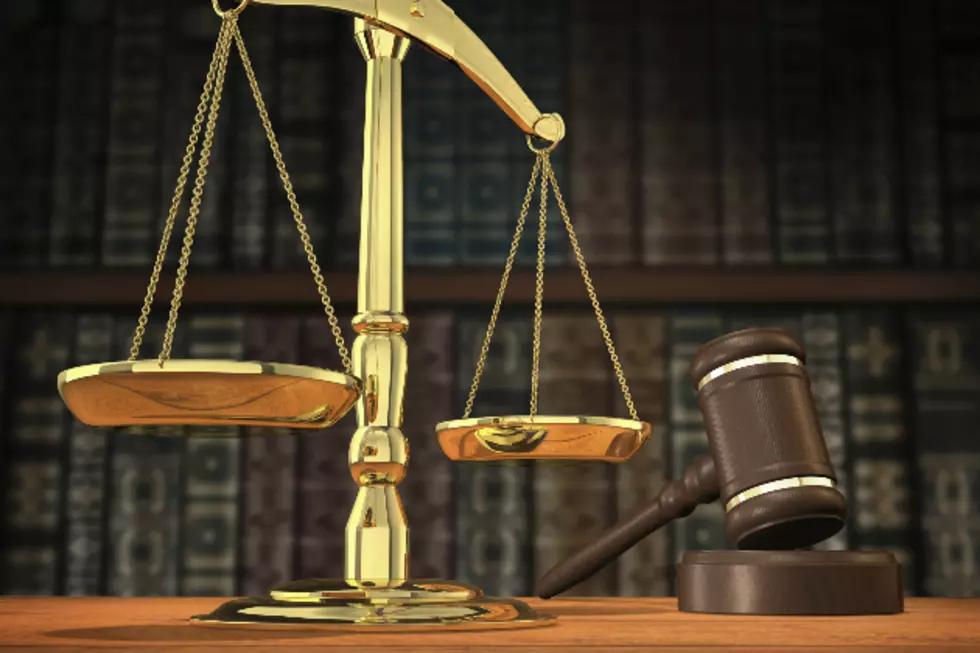
Attorneys Spar Over Health Care Act’s Effect on Catholic Groups
Without a court-ordered injunction blocking the Affordable Care Act, Catholic organizations will be forced to either sign up with third-party insurers offering contraception and abortion services or pay penalties, attorneys for the Diocese of Cheyenne told a federal judge in Casper on Wednesday.
But an attorney for the U.S. Department of Justice responded in the motion hearing that the requirements of the act do not substantially burden Catholic schools and charities.
After a little more than an hour of deliberations, U.S. District Court Judge Scott Skavdahl said he would take those arguments and related paperwork under advisement.
Sklavdahl wryly acknowledged his efforts probably will be appealed. "It won't be resolved by any decision I make," he said.
The courtroom was about two-thirds full, with many of the spectators affiliated with the plaintiffs in the case: the diocese, Catholic Charities of Wyoming, Wyoming Catholic College in Lander, St. Joseph's Children's Home in Torrington, John Paul II School in Gillette, and St. Anthony's Tri-Parish School in Casper.
Attorney Paul Hickey told Skavdahl the diocese is contiguous with the state's boarders, and it has 30 parishes and about 58,000 Catholics.
The federal government has set rules in the Act that would cause Catholics to violate their religious beliefs, or else, Hickey said. "Because of the threat of onerous penalties, we ask for a preliminary injunction."
Attorney David Raimer of the Jones Day firm in Washington, D.C., then took the podium.
The simple act of filling out the "self-certification form" when negotiating with a third-party insurer would violate Catholic beliefs, even though the organizations would be able to register its opposition to contraceptive and abortion services, Raimer said.
Under the act, the insurer could provide contraception, abortion and similar services but the Catholic organizations would not have to pay for them.
That didn't matter, and neither did the government's assertion that the form is easy to fill out and would only take a few minutes, Raimer said.
"'It would only take a few minutes,'" he said. "But it would only take a few minutes to fill out a form to deny the divinity of Christ."
U.S. Attorney Julie Saltman responded that the Religious Freedom Restoration Act of 1993 requires the government to not substantially burden a person’s exercise of religion. The Affordable Care Act does not do that to the Catholic organizations, Saltman said.
Skavdahl interrupted her. "The sole issue is whether this comes down to a 'substantial burden," he said.
Saltman added that if the court grants an injunction in this case, someone could claim under RFRA that anything the government does would cause a "substantial burden," and that person would be exempt from a government requirement that is for the common good.
The Catholic arguments in this case, she said, would essentially thwart the common good of the government's ability to enable employees and families obtain access to health care.
The American Civil Liberties Union in Wyoming had filed a friend-of-the-court brief detailing the case history of court decisions prohibiting religious discrimination. But no ACLU attorneys made any comments during the hearing.
After the hearing, Bishop Paul Etienne said he hoped for the best. "We were just very happy today to make our argument in court and look forward to the ruling of Judge Skavdahl, whenever that comes down."
More From K2 Radio









